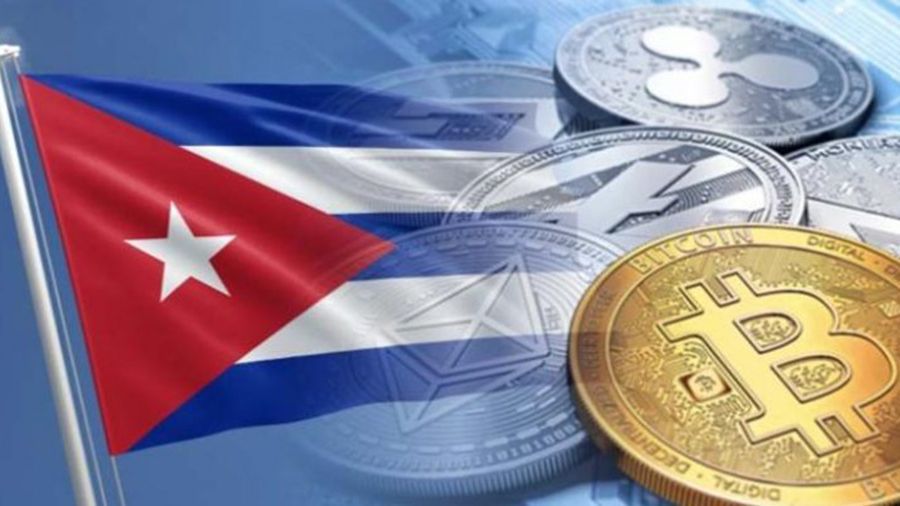The Cuban government has included digital assets in the government’s economic stimulus program for the next five years. This could mitigate the negative effect of US sanctions on the country.
A few days ago, Cuban President Miguel Díaz-Canel took over as First Secretary of the Central Committee of the Cuban Communist Party. After that, the Cuban government accepted the party’s proposal to include cryptocurrencies in the country’s economic and social policy guidelines, which should be implemented until 2026. Local officials raised the issue of introducing cryptocurrencies back in 2019, and have now received the green light for this.
The Cuban authorities believe that digital assets can really improve the country’s economy in the face of economic sanctions from the United States. The island state is ready to study the potential of cryptocurrencies, how they can be used in the country, and is also ready to create conditions for the development of this industry. The interest of the Cuban population in bitcoin is growing every year. Therefore, despite the weak Internet infrastructure of Cuba, the government intends to simplify access to bitcoin for the local population. It is not yet known whether Cuba will develop a state digital currency.
Many countries are beginning to consider cryptocurrencies to reduce the influence of the United States on their economies, including Brazil, Iran, China, Venezuela, Bermuda and Marshall Islands. Each country takes a different approach to introducing cryptocurrencies. For example, last month the citizens of Venezuela got the opportunity to buy stablecoins backed by the US dollar through the state payment system Biopago. The Republic of the Marshall Islands, together with the Algorand project, is actively working on the creation of a state stablecoin in order to gain independence from the dollar.







